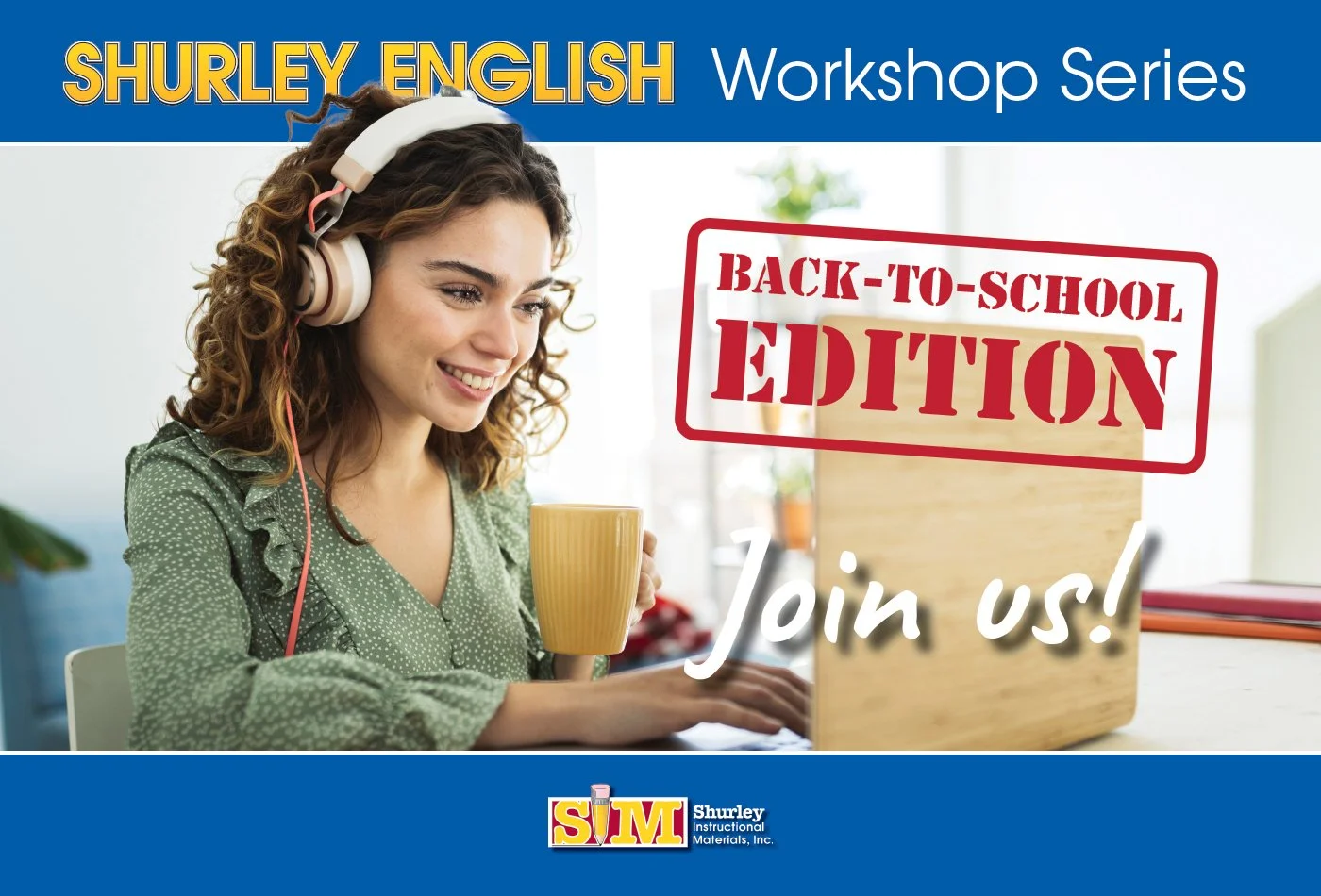Extend the Lesson: Thanksgiving fun with Grammar Printables
/Have you ever asked your students to use a newspaper or magazine to highlight adjectives or adverbs? You may have had the same results as me. I tried this with 3rd-5th graders, and I admit the results were underwhelming. A more effective and interactive way to help your students practice this same skill is to have a little fun with a Mad Libs-inspired worksheet! These sheets can easily be turned into a game or into a story-writing activity in your classroom.
Take a look at this free holiday printable I found online. It can be used in your classroom by following a few easy steps!
Read More





































































































